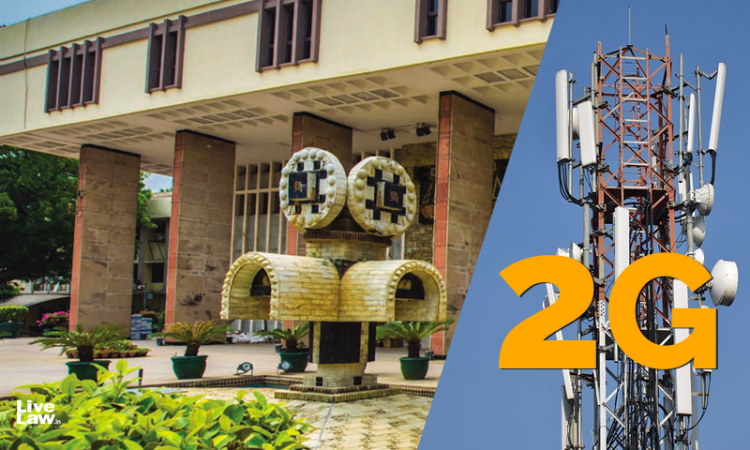2G Spectrum: How Wednesbury Principles Got Invoked In CBI's Leave To Appeal Before The Delhi HC
Karan Tripathi
3 Nov 2020 11:53 AM IST

Next Story
3 Nov 2020 11:53 AM IST
On Monday, hearing on the Central Bureau of Investigation's leave to appeal in the 2G Spectrum case, the Delhi High Court was faced with the request to apply the 'Wednesbury Principles', a concept under the Administrative Law. Mr Vijay Aggarwal, who was appearing for one of the Respondents Mr Rajiv Aggarwal, had filed a civil writ petition asking the court to scrutinise the correctness...
